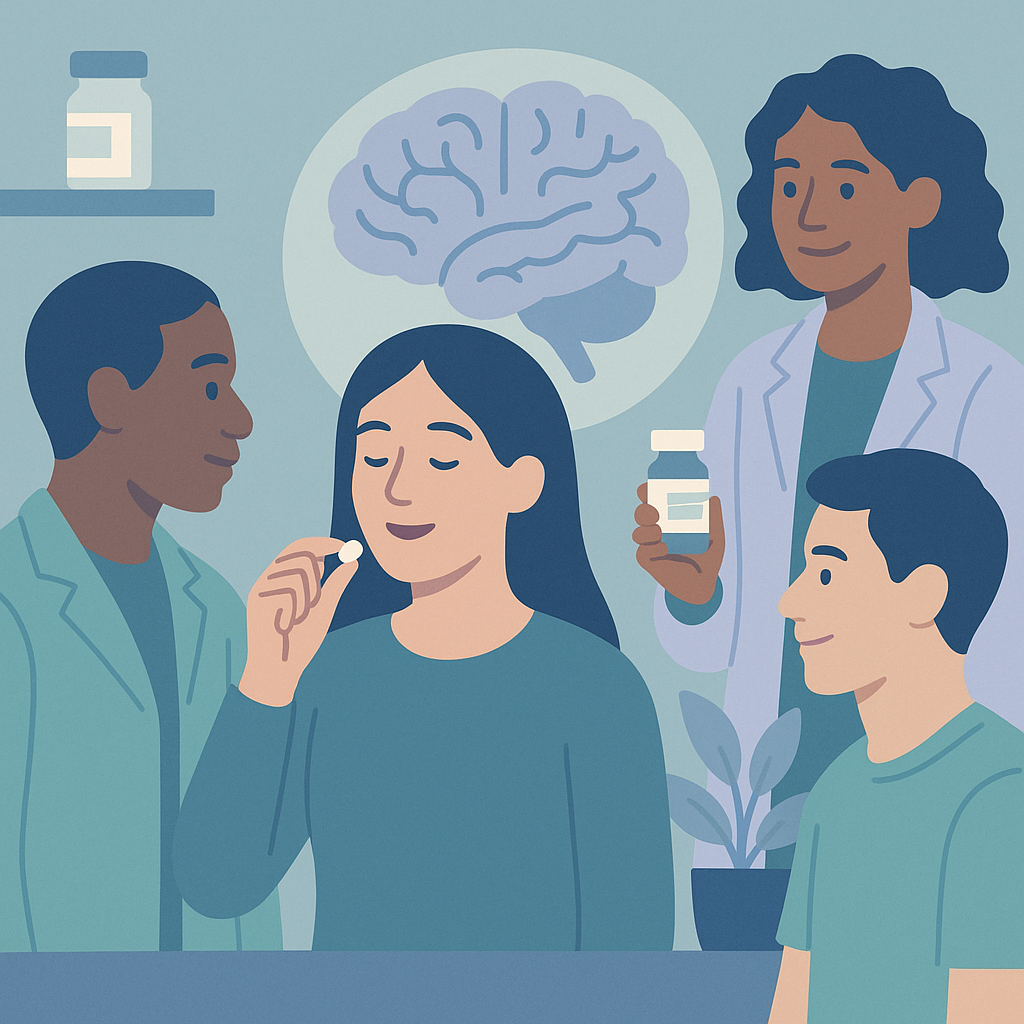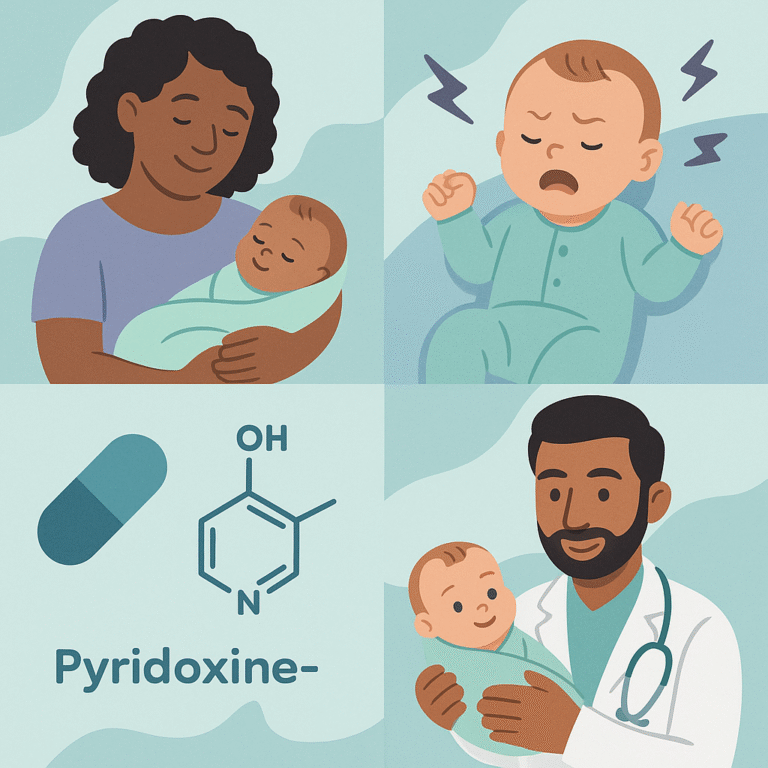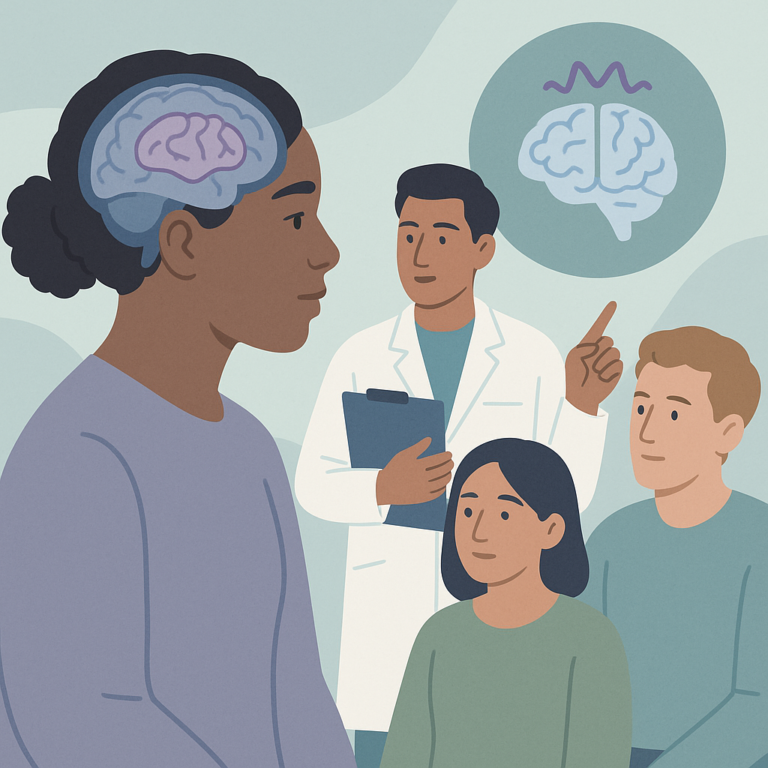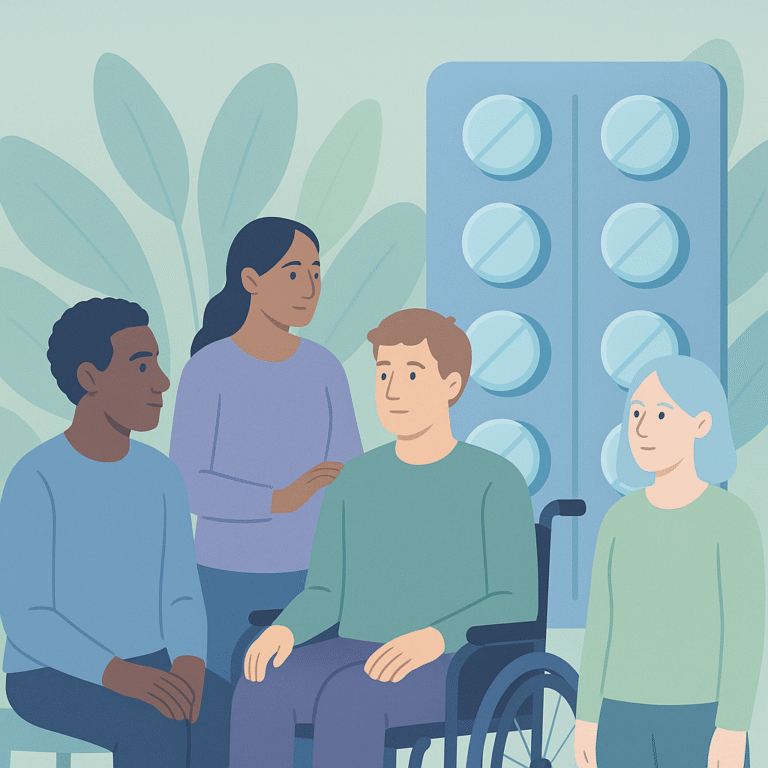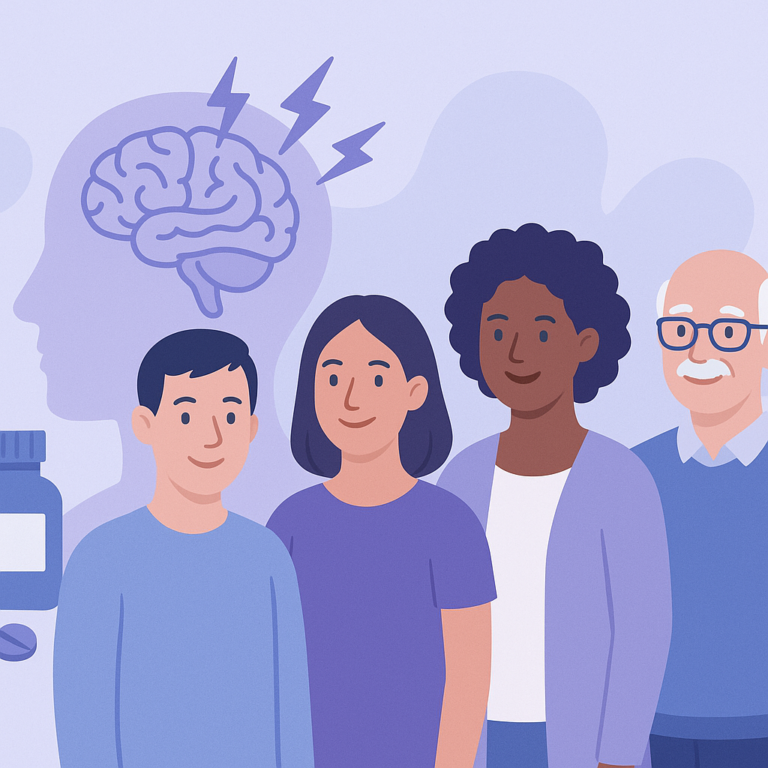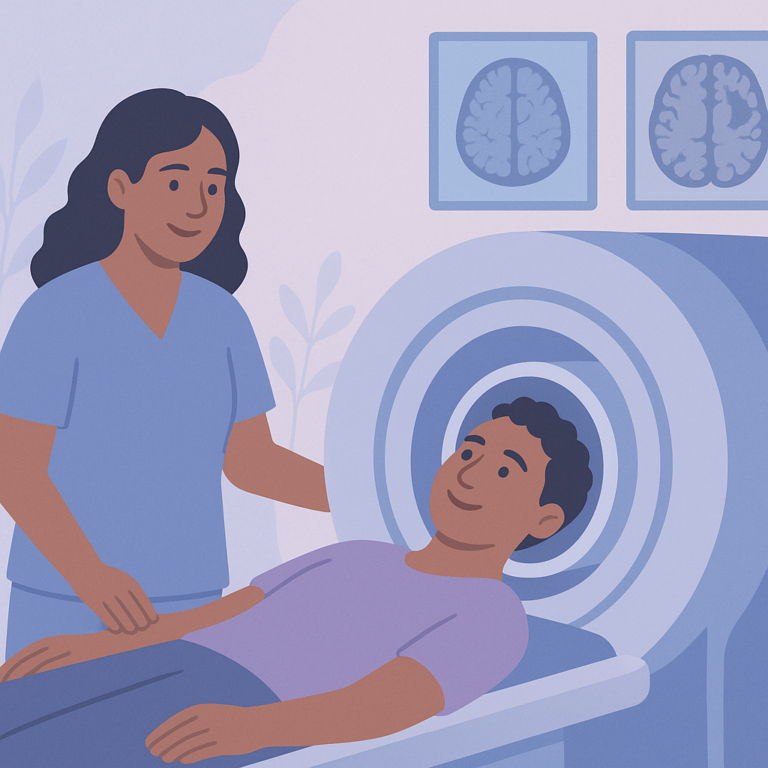Antiseizure Medications Improve Cognitive Function in JME Patients
Source: Journal of child neurology
Summary
This study looked at how antiseizure medications (ASMs) affect cognitive abilities in children and teenagers who have recently been diagnosed with Juvenile Myoclonic Epilepsy (JME). The researchers included 38 patients with JME, averaging about 15 years old, and compared them to 30 healthy peers, who were also around the same age. They used specific tests to measure attention and intelligence before and after a year of treatment with ASMs.
The findings showed that the patients' intelligence scores improved after starting medication, with an average increase from about 90 to nearly 93. However, attention scores slightly decreased, but this change was not significant. Importantly, the number of seizures the patients experienced dropped significantly from about 7 per year to just over 2 after treatment, indicating that the medications were effective in controlling seizures.
These results are important because they suggest that while cognitive abilities may improve with treatment, attention may not be as affected. The study highlights the positive impact of ASMs on reducing seizures and potentially enhancing cognitive function in young people with JME. However, it is worth noting that the study did not find significant differences in cognitive abilities compared to healthy peers, and the small sample size may limit the generalizability of the findings.
Free: Seizure First Aid Quick Guide (PDF)
Plus one plain-language weekly digest of new epilepsy research.
Unsubscribe anytime. No medical advice.